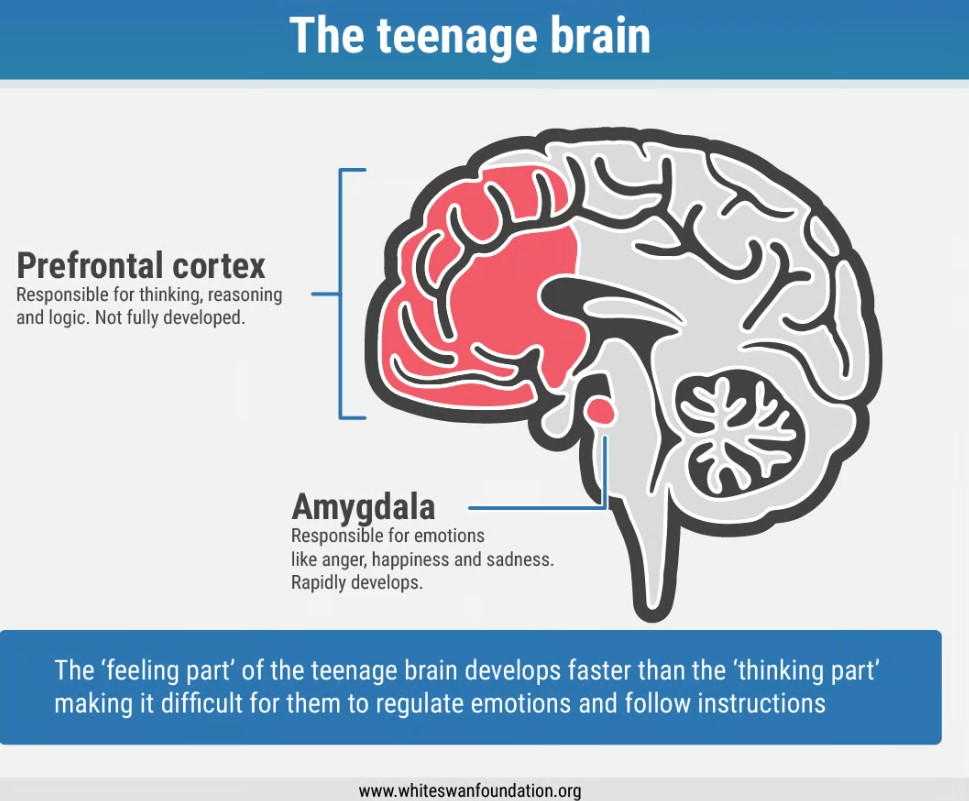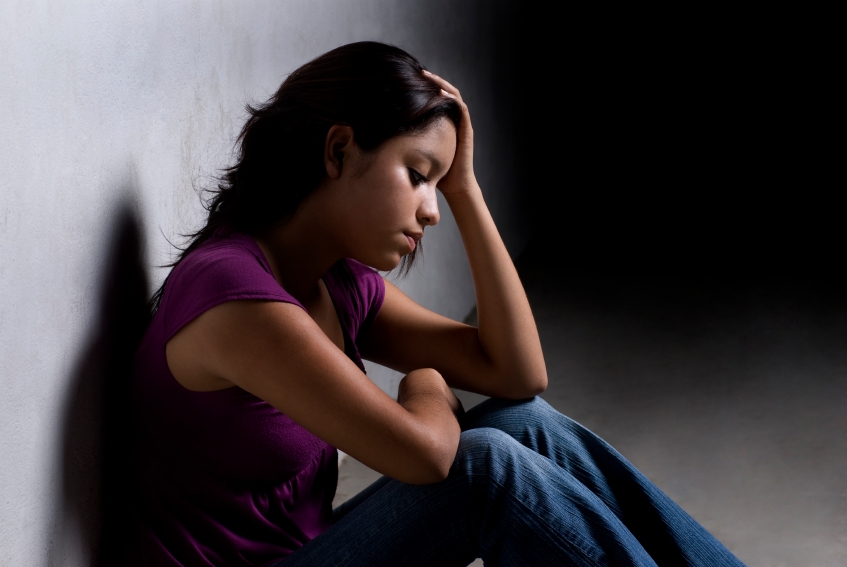Unveiling the Impact: Long-Term Effects of Cannabis on Youth Mental Health
We’ve all been there; growing, exploring, and risk-taking during our teenage years. It’s natural and normal! However, sometimes risk-taking involves things like cannabis, which can have adverse effects on youth health and well-being. Understanding the impact of cannabis can help you navigate conversations with your child about its use and the potential risks.
Cannabis is one of the most commonly used substances among youth today.
According to the CDC, 1 in 16 high school seniors report daily use of cannabis.
Popularity of cannabis use is rising due to the growing acceptability of it in modern society. It is often seen as less risky and less harmful than other substances but as cannabis is introduced to individuals at younger ages, new risks are emerging.
Until age 25, human brains are actively developing. Strikingly, 87% of Young Adult Survey participants in Virginia reported that they first used cannabis products between the ages of 12-20.
The brain undergoes significant changes particularly in regions associated with learning, memory, and decision-making during this time. The prefrontal cortex is one of the last brain regions to fully mature. It’s the area of the brain responsible for controlling impulses, maintaining attention, working towards goals, and responding appropriately to social situations. The amygdala, responsible for our emotions, develops faster than the prefrontal cortex. This means that teenagers already naturally have difficulty regulating emotions and following instructions. Now, imagine what that may look like when cannabis is added into the equation.
The adolescent brain is vulnerable and it has been found that cannabis could be disruptive to the brain maturation.
How Does Cannabis Affect the Mind?
Cannabis use during adolescence may harm the developing brain. Teens who have used cannabis report many negative effects such as difficulty thinking, memory challenges, reduced coordination, difficulty maintaining attention, and slow problem-solving abilities.
Risk of long-term addiction also increases the earlier a person begins using cannabis. Frances R Levin, Professor of Psychiatry at Columbia University stated, “Exposing developing brains to dependency forming substances appears to prime the brain for being more susceptible to developing other forms of addiction later in life.”
Cannabis use can lead to the development of a substance use disorder, a medical illness in which the person is unable to stop using even though it’s causing health and social challenges in their life. People who begin using cannabis before age 18 are 4 to 7 times more likely than adults to develop a Cannabis Use Disorder.
Not only that, but cannabis has been linked to a range of mental health conditions, especially depression and anxiety. The risk is greater among females.
Research shows that girls (ages 14-15) who used cannabis daily were 5 times more likely to suffer from depression once they reach age 21. Another study of more than 280,000 young adults aged 18-35 by the National Institute on Drug Abuse (NIDA) found that cannabis use was associated with increased risks of thoughts of suicide and suicide attempts. The risks in that study were also greater for women.
Talking To Your Teen About Cannabis
It’s important to help your teen understand what cannabis is and how it can affect them. Peer pressure can be powerful, so talk with your teen in order to empower them to make healthy choices. Here are a few tips to take action:
- Check in frequently to see how they are doing
- Bring up cannabis during calm and informal times, such as in the car, during dinner, or while watching TV
- Be clear and consistent about your expectations regarding cannabis use
- Create family agreements together for social activities
- Express your concerns but do not issue threats
- Always let them know you care and are going to be there to support them
- Continue the conversations as your teen gets older





